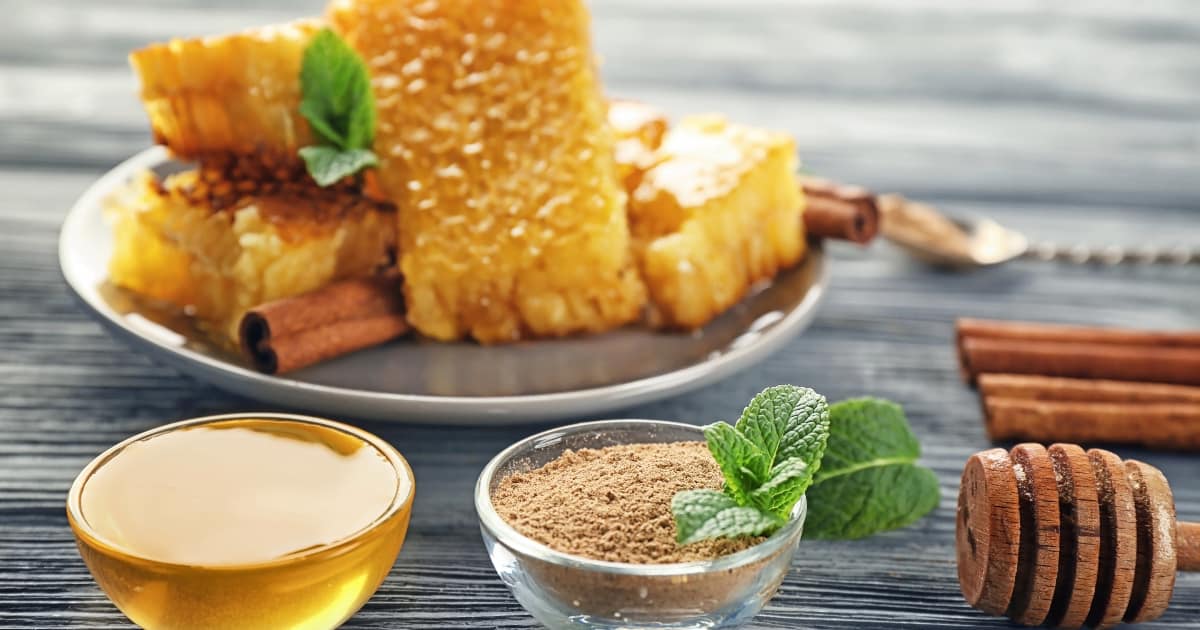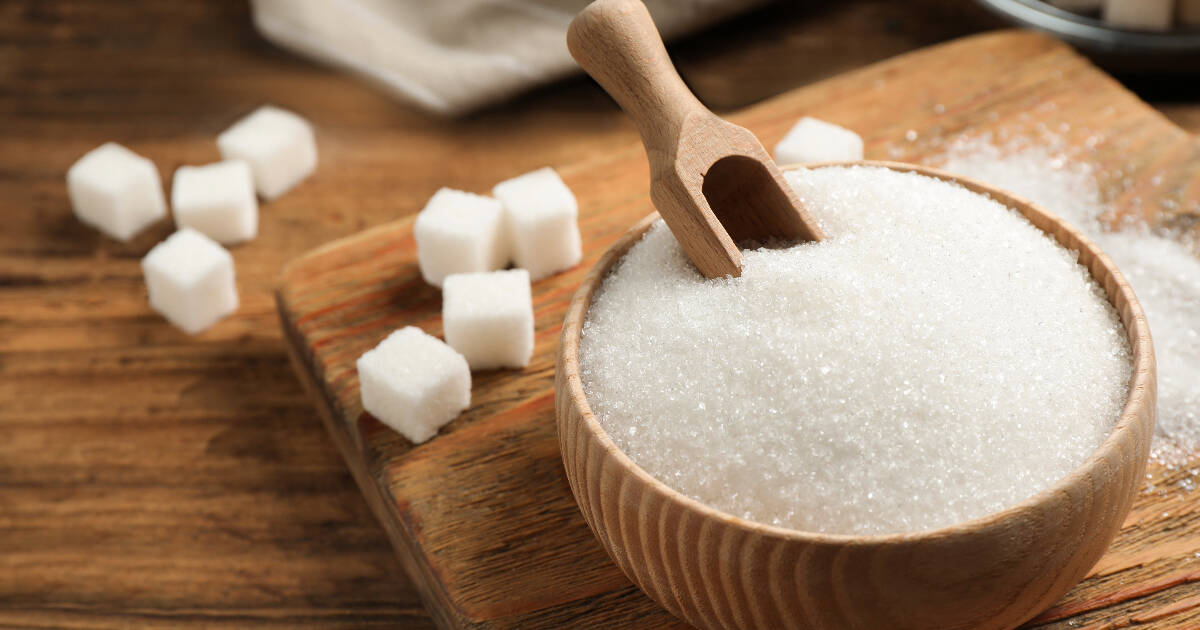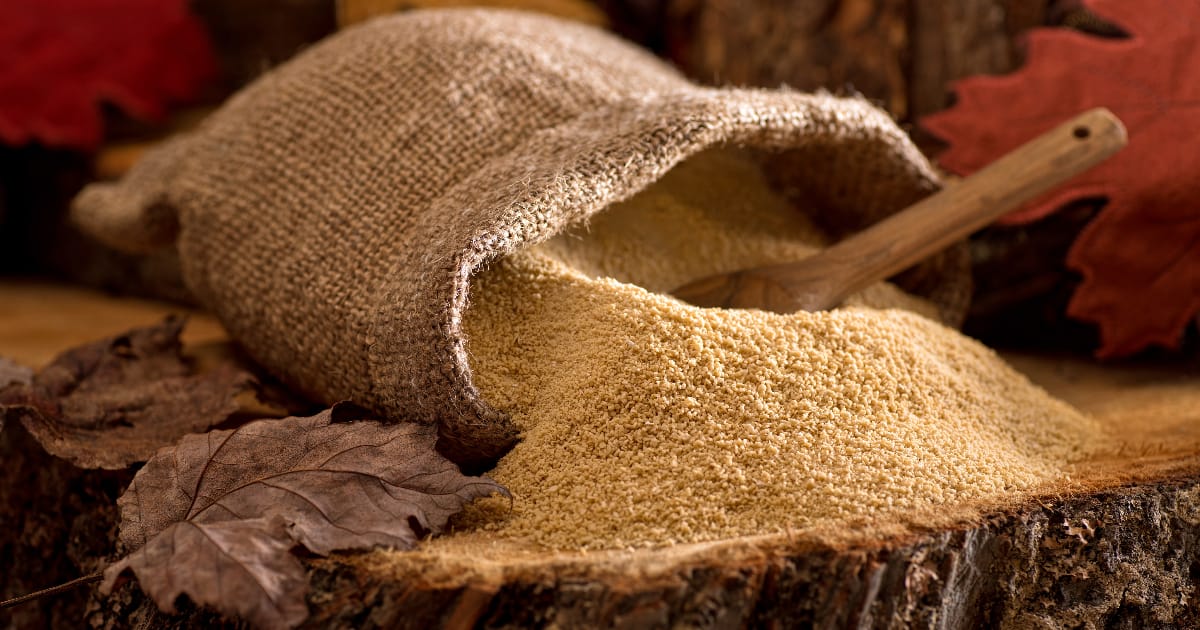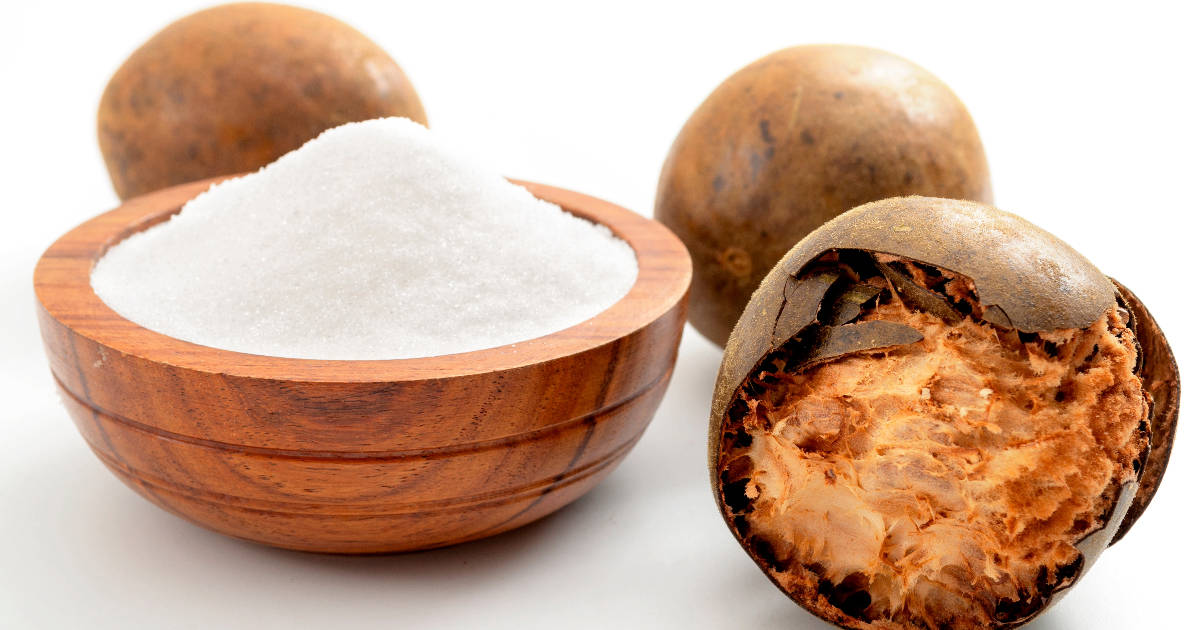Honey powder is a popular ingredient in many recipes. It provides natural sweetness, tends to be easier to measure than liquid honey, and dissolves easily into batters and doughs. But what if you're out of honey powder and need a quick substitute? Not to worry, there are several handy ingredients you likely have on hand that can stand in for honey powder instantly.

Let's go over the best substitutes for honey powder so you can still make those tasty treats. We'll also look at how to make your own homemade honey powder and review some key facts about store-bought versions. Let's get started!
What is Honey Powder?
Honey powder, also sometimes called dried honey, is simply honey with the moisture removed. Manufacturers evaporate the water content from liquid honey using low heat until only the sugars remain in a dried, powdered form.
Some key characteristics of honey powder:
- Dry, powdery texture (like confectioner's sugar)
- Sweet taste
- Easily dissolves into liquids
- Measures like other dry ingredients
- Longer shelf life than liquid honey
- Often used in commercial products like cereal and nutrition bars
The store-bought honey powder comes in a few varieties:
- Pure honey powder - 100% dried honey, no other added ingredients
- Flavored honey powder - honey powder blended with flavors like cinnamon, vanilla, or cocoa
- Cut with corn syrup or maltodextrin - these are sometimes added to keep the powder flowing smoothly
When scanning ingredient labels, look for pure honey powder for the best flavor and nutrition.
Why Substitute for Honey Powder?
There are a few reasons you may need a handy honey powder substitute:
- You're out of honey powder - It happens to all of us! No need to run out and buy more if you have a recipe to make.
- Avoiding added sugars - Some commercial honey powders contain added corn syrup or sugars. Using a natural substitute allows you to avoid these.
- Dietary restrictions - Honey powder isn't vegan or paleo. Substitutes can help adapt recipes.
- Cost savings - Honey powder can be pricey. Substitutes made with ingredients you already have on hand save money.
Luckily, we've got several options for DIY honey powder substitutes using common pantry staples. Keep reading to find your perfect match!
1. Granulated Sugar

Plain granulated white sugar makes an easy 1:1 replacement for honey powder. The texture is very similar, though sugar lacks the subtle floral notes honey provides.
However, in most baked goods, the sugar will dissolve during mixing and cooking, leaving mainly sweetness behind. You likely won't notice a big difference in the final treat.
Pros:
- Nearly identical texture to honey powder
- Easy 1:1 substitution
- Inexpensive and easy to find
Cons:
- Lacks depth of honey flavor
- Not as natural as honey powder
To use, simply replace honey powder with an equal amount of granulated sugar in your recipe. Add a pinch of cinnamon or vanilla extract if you want a more honey-like flavor.
2. Brown Sugar
Sweet brown sugar is another handy honey powder substitute you may already have in your pantry. Like granulated sugar, it has a similar grainy texture that mimics honey powder.
Brown sugar does contain traces of molasses that provide a richer, deeper sweetness than plain white sugar. This can help it better approximate the taste of honey powder.
Pros:
- Similar texture to honey powder
- Adds a nice depth of flavor
- Easy 1:1 substitution
Cons:
- Still contains refined sugar
- Molasses notes differ from honey
Use brown sugar in place of honey powder in a 1:1 ratio. Sprinkle in a dash of cinnamon if you want an even closer honey flavor.
3. Maple Sugar

Maple sugar is made from the evaporated sap of maple trees. It has a delicate sweetness and subtle maple taste that makes a nice stand-in for honey powder.
With origins from nature, maple sugar is also less processed than plain white or brown sugar. This makes it a good choice for anyone looking to avoid refined sugars.
Pros:
- Provides a subtle maple flavor
- Less processed than white/brown sugar
- Has trace minerals from maple sap
Cons:
- More expensive than plain sugar
- Stronger maple taste than honey
Substitute maple sugar 1:1 for honey powder. Adding a pinch of cinnamon can give it a more honey-like aroma.
4. Date Sugar
Sweet, sticky dates can be dried and ground into a sugar substitute called date sugar. It has a rich sweetness reminiscent of honey powder.
Date sugar does contain fiber and nutrients from the whole date. This makes it a bit healthier than other granulated sugar swaps.
Pros:
- Pleasant, honey-like sweetness
- Higher fiber than other sugar subs
- Retains some nutrients from dates
Cons:
- Expensive compared to plain sugar
- Doesn't dissolve well in liquids
Use date sugar in place of honey powder at a 1:1 ratio. Chop finely or process in a food processor if your date sugar has a coarse texture.
5. Coconut Sugar
Fragrant coconut sugar is made from the dried sap of coconut palm trees. It has a caramel and butterscotch-like sweetness that bears some similarity to honey powder.
Coconut sugar contains trace nutrients and minerals from the coconut palm, giving it a slight edge over plain white sugar.
Pros:
- Rich sweetness close to honey
- Has a bit of nutrition from coconut palm
- Lower glycemic index than plain sugar
Cons:
- Can be expensive compared to sugar
- Stronger coconut aroma than honey
Replace honey powder with coconut sugar in equal amounts. Add a small pinch of cinnamon for honey flavor.
6. Dried Fruit Powders
Dried, powdered fruits like mango, pineapple, and banana make flavorful substitutes for honey powder. Their natural sweetness mimics honey, and fruit powders add vitamins, minerals, and antioxidants.
You can find pre-made fruit powders online or at health food stores. But they're also easy to DIY at home. Simply dehydrate fruit pieces in an oven or food dehydrator then grind into a fine powder.
Pros:
- Provide natural fruity sweetness
- Contains fiber, vitamins, minerals
- Fun flavors like mango, pineapple, banana
Cons:
- Need a dehydrator or time to DIY
- Fruit taste differs from honey
Substitute dried fruit powders for honey powder in a 1:1 ratio. Mix in a pinch of cinnamon for honey notes.
7. Stevia Powder
Stevia powder is made from the super sweet stevia leaf. It's up to 300 times sweeter than sugar, so you only need a tiny amount to replace honey powder.
Stevia provides sweetness without calories or carbohydrates. This makes it ideal for low-sugar diets.
Pros:
- Extremely potent sweetness
- Zero calories or carbs
- Works well in baking
Cons:
- Can have a bitter aftertaste
- Too much makes recipes overly sweet
Use just 1/8 to 1/4 teaspoon stevia powder per 1 teaspoon honey powder. Start with less as it's very concentrated.
8. Monk Fruit Sweetener

Monk fruit sweetener is another calorie-free powder made from the luohan fruit. Like stevia, it packs a powerful sweet punch, so you need just a small amount.
Monk fruit tends to taste a bit more natural than stevia. It works well in baked goods to provide sweetness without unwanted carbs.
Pros:
- Intense sweetness
- Zero calories or carbs
- No bitter aftertaste
Cons:
- Can be expensive
- Not exactly like honey
Replace honey powder with just 1/8 to 1/4 teaspoon of monk fruit sweetener per teaspoon of honey powder.
9. Homemade Honey Powder
Running out of substitutions? You can also make your own honey powder at home with just a few ingredients:
Ingredients:
- 1 cup honey
- 1 to 2 teaspoons cornstarch or arrowroot
Steps:
- In a small saucepan, mix the honey and cornstarch over low heat.
- Whisk continuously for 5-10 minutes until thickened slightly.
- Spread the mixture in a thin layer onto a baking sheet lined with parchment.
- Bake at 200°F for 1 to 3 hours, checking often, until completely dried out.
- Let the dried honey cool fully then break into pieces and grind into a fine powder in a food processor.
- Store in an airtight container in a cool spot for up to 1 month.
Use your homemade honey powder just like the store-bought stuff!
FAQ
Does honey powder expire?
Yes, honey powder can eventually expire. Unopened, it lasts 6-12 months in the pantry. Refrigerating extends shelf life to 1-2 years. For the longest freshness, freeze unused powder.
Is honey powder vegan?
No, commercial honey powders are not considered vegan since they're derived from honey made by bees. Vegans would need to use non-honey substitutes or make powder from vegan sweeteners.
Is honey powder keto-friendly?
Yes, pure honey powder fits into a keto diet since it contains minimal carbs sugar alcohol. Check labels for additives like maltodextrin that may up the carb count.
Is powdered honey healthier than sugar?
Honey powder retains antioxidants and trace nutrients from the honey. However, since the water content is removed, sugar makes up the majority of honey powder by weight. Use sparingly as you would any sweetener.
What’s the best way to use honey powder?
Honey powder works great for sweetening smoothies, oatmeal, coffee, tea, and yogurt without altering texture. It also blends seamlessly into baked goods like cookies, bars, breads, and muffins.
Final Tips for Replacing Honey Powder
Swapping in a honey powder sub is usually simple. But keep these tips in mind:
- For recipes with minimal other sweeteners, stick close to a 1:1 ratio to maintain sweetness. For treats with lots of added sugar, you may be able to use less of your sub.
- Since many subs don't dissolve as easily as honey powder, allow extra mixing or baking time for the sweetness to incorporate fully.
- If your swap ends up too sweet, try cutting back on other sugars in the recipe next time.
- For a more honey-like flavor, add a pinch of ground cinnamon or vanilla extract to your sub.
- When in doubt, taste the batter and tweak sweeteners as needed before baking. The perfect amount may take some trial and error.
- Consult allergen info if cooking for anyone with food sensitivities. Many grains and fruit powders are common allergens.
With so many easy, affordable honey powder substitutes on hand, you can keep satisfying your sweet tooth even when you run out of the real stuff. Try out a few alternatives to find your new favorite!
Conclusion
Honey powder is prized in baking for its sweet flavor, fine texture, and ability to blend seamlessly into all sorts of goodies. Luckily, if you're out of honey powder, there are plenty of handy kitchen staples that can mimic its sweetening power in recipes.
From white and brown sugars to maple, coconut, and date sugars, the options provide a close match. Dried fruit powders add nutrition, while monk fruit and stevia give carb-free sweetness. And homemade honey powder is a DIY project away.
Next time a recipe calls for honey powder and you're fresh out, try one of these easy substitutions. You can still enjoy those delicious baked treats even without the special powder on hand. With a few simple swaps, you'll have treats ready in no time.

